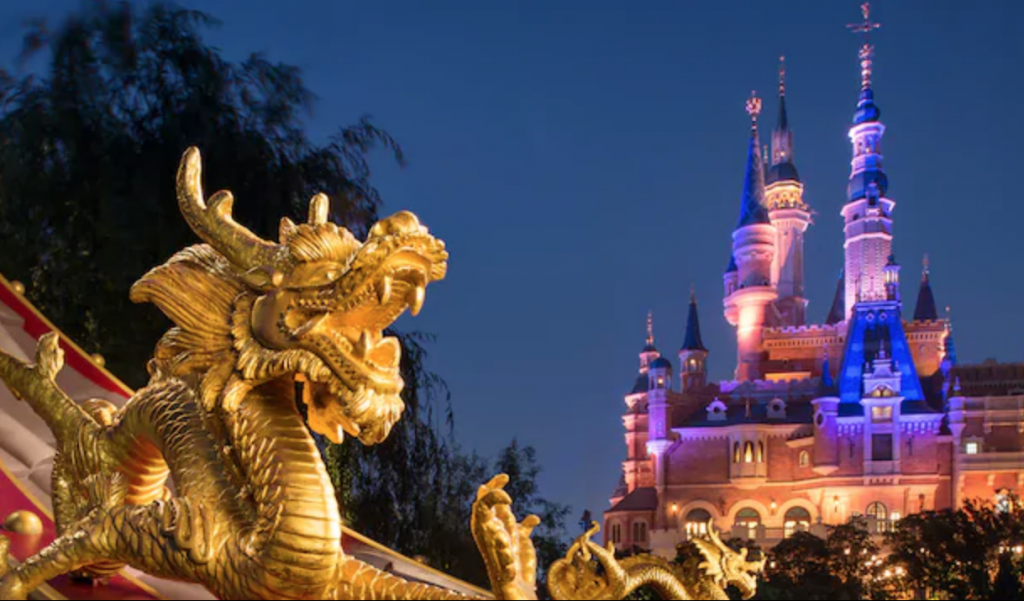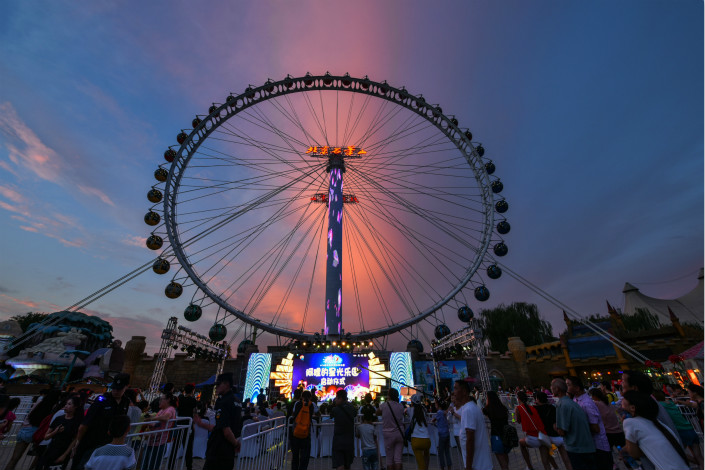China has built dozens of theme parks in recent years, but are they any good?
When I eat, I rate the dishes; when I stay in a hotel, I rate the towels; I’ll even rate the ambience of the bathrooms I use.
It’s an odd hobby, perhaps, but it came in handy in the 1990s, when I spent five years working as a quality auditor — essentially a paid rater — for the Beijing Association for Quality. Then, seven years ago, I joined Shanghai Jiao Tong University’s Overseas Education College as part of a program to rank corporate training programs. And more recently, I’ve spent the past four years working on a very different — though in my mind, far more stimulating — project: searching for China’s best theme park.
In 2014, two years prior to the formal launch of the Shanghai Disney Resort, Shanghai Jiao Tong University founded the Institute of Theme Parks (ITP) — the only such institute in all of China. Despite the exponential rise in theme park construction across the country, the industry has long been overlooked by Chinese researchers. The idea behind the ITP was to encourage the study of this field by establishing the world’s first Doctorate of Business Administration (DBA) in theme parks and scenic areas — as well as a mini-MBA in the same field — and to help disseminate the results of our research to theme park operators around the country.
Theme parks may seem like a relatively insignificant industry in the grand scheme of things, but rising incomes and increasing amounts of leisure time mean they’re poised to play a more prominent role in China’s tourism economy. China did not institute the 40-hour workweek until 1995, but there is already talk that advances in technology could lead to a 36-hour or even 32-hour workweek in the near future — as it has in some developed countries, such as France. Assuming these advances do not instead cause mass unemployment, all this extra free time should unleash pent up demand for leisure activities and goods from China’s rising middle class.
If researchers have overlooked these trends, property developers have not. Between 2014 and 2018, China added an average of 20 new theme parks a year. In total, ITP has identified almost 400 theme parks around the country, and there are few major Chinese cities without at least one. These parks tend towards the gargantuan and offer a comprehensive entertainment experience — including everything from rides to theme hotels and restaurants. Their size also means they are generally located on the outskirts of major cities, where real estate is cheaper. The flipside is that they require a significant time commitment to enjoy — at least a full day, often more. If a shorter workweek really is imminent — still a big if, at this point — theme parks may prove to be one of the biggest winners.
Yet while the industry is booming, there are also signs that it may be getting out of control. Competition is fierce, and currently only about 10 percent of China’s theme parks are profitable. One of the biggest issues is quality control: Few in the theme park industry have a clear idea of what actually makes for a good customer experience. While some parks deliver visitors a high-end, enjoyable romp, others offer little beyond derivative, mediocre rides and boring attractions. Read the full article here.
– The article originally appeared on Sixth Tone.







